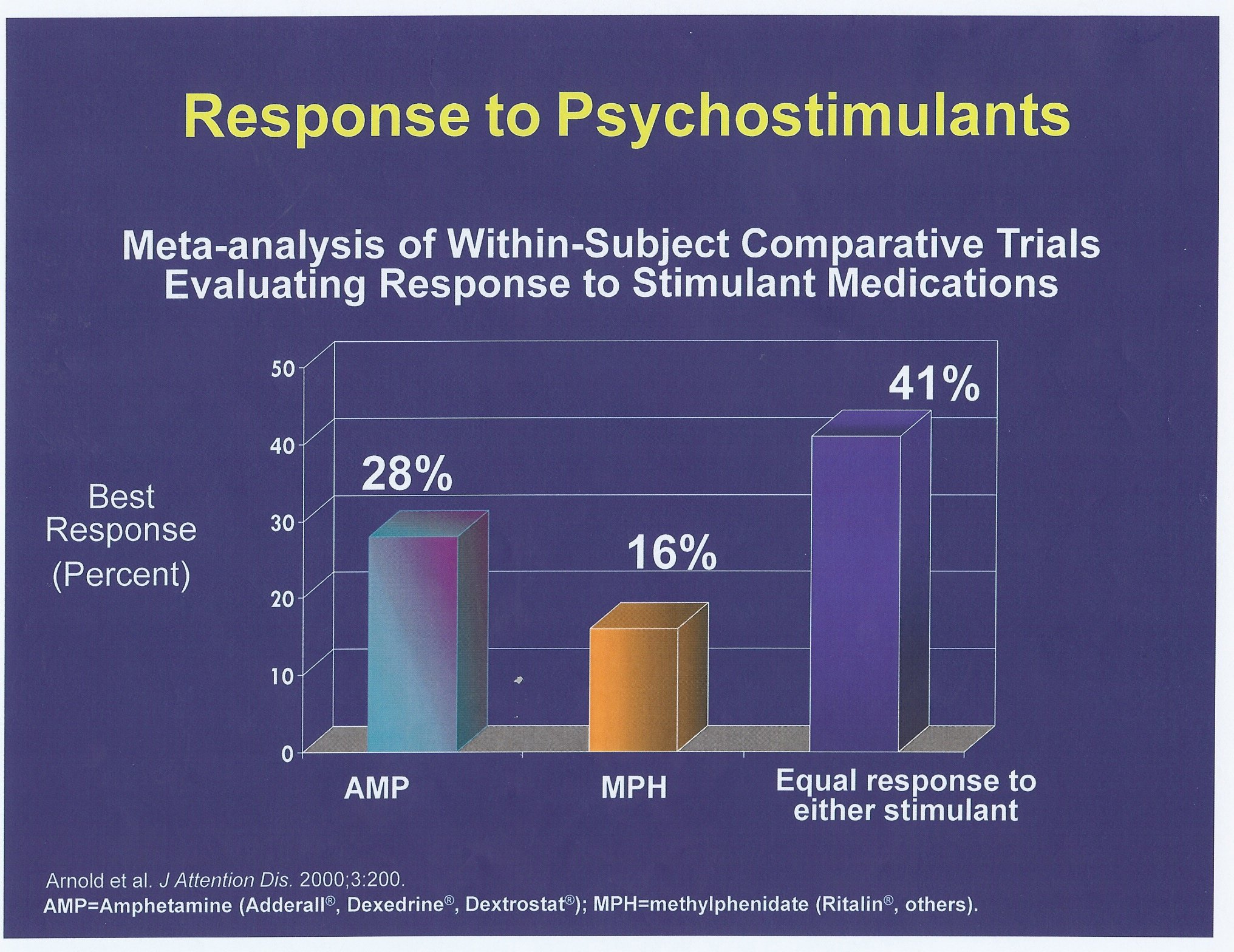Last week, a rep from a pharmaceutical company that manufacture a sleep medication was in my office. He said, “You have a unique practice because you see a lot of patients with sleep problems.” I said, “WRONG! I see the same patients that all psychiatrists and primary care doctors see. The problem is most patients that have sleep problems don’t mention it to their doctors, and unfortunately, most doctors don’t ask.”
I believe all patients need to be screened for all common, treatable problems every visit.
Sleep is the first thing I ask about on my screening questionnaire. Two days ago I was seeing a patient who happened to be the wife of a primary care physician. She told me recently her internist put her on Prozac for anxiety and depression. She immediately developed a significant sleep problem as a side effect. She asked him for a prescription for Ambien. He told her he didn’t prescribe Ambien because it is “highly addictive,” but she could take Benadryl. (See previous discussion on “pre-extraction disorder” P.E.D.) There are several problems with her internist’s response. First, Ambien isn’t addictive at all. An occasional patient will develop a mild physical dependence after several months of nightly use, but physical dependence is a physiologic adaptation and has “nothing to do with addiction.” This is not just my opinion but that of Dr. Robert DuPont, the first director of the National Institute on Drug Abuse. Fifteen percent of patients taking Ambien for one year every night will have one to two nights rebound insomnia if they stop it abruptly. This is hardly addiction.
Addiction is compulsive use or behavior in spite of negative consequences.
The second problem with her internist’s recommendation is that Benadryl is a horrible sleep medicine. There’s no scientific evidence that it’s effective. It doesn’t provide normal sleep (Stage IV deep sleep and dream sleep), and it frequently leaves you with a hangover. Other than that, it was a great idea. The third, and most important problem with his recommendation was that his ignorance with regards to the importance of a good night sleep. The effect of sleep loss was studied in healthy young men awakened after 5 hours of sleep. After just one night, they showed decreased concentration, marked irritability and increased levels of cortisol, a stress hormone that suppresses normal immune function and contributes to abdominal weight gain.
I consider good sleep (7-8 hours) the most important part of stress management.
Longevity studies show that too much sleep is actually worse than not enough. In the short term, excess sleep drains mental energy. A national survey found that 10% of people have a chronic nightly sleep problem, but 2/3 of the adult population has at least occasional sleep problems. The good news is that we have effective, safe medications that provide normal sleep and are totally out of your system in 5-8 hours. The bad news is many doctors are afraid to prescribe them and most people don’t have access to them.
I think every home needs to have Tylenol and a good sleep medicine on hand.
Most people need to have a good sleep medicine (Ambien, Sonata, Lunesta). We weren’t made for this world. We adapted from 1000’s of years in a world where we were outside and physically active all day. The bright sunlight regulated our sleep, energy, and metabolism. Whereas, now most people are mainly indoors and sedentary. Life use to be hard but simple. Now, it’s extremely complex and changing at an exponential rate, but we still have the old adaptive mechanisms. We respond to mental stress with the same flight or fight mentality, but these aren’t appropriate responses to today’s stress. It’s like driving your car hard all day but not putting it in gear. It’s not good for your car, and it’s not good for our bodies. We end up hyper aroused, can’t relax and have problems sleeping. We need a new stress management technology, but right now, the best we can do is great medicines. It’s just a shame that most people either don’t know about them or can’t get them because our medical system is broken and most doctors just don’t get it.


One thought on “Take 2 Benadryl and call me in the morning …”
Good topic – both the sleep and the meds. Making people aware of the realities of addiction is very important of itself, and this is an area that many can relate to or understand.
Is sonata addictive by your definitions?
Also . . . on medications that can be considered physically addictive, will people ever stop to think about quality of life with and without. It could be argued that not taking the medication(s) and forgoing known or expected positive results -or- obtaining negative or lesser results in the face of continued overexpectations, could be an disorder in itself.